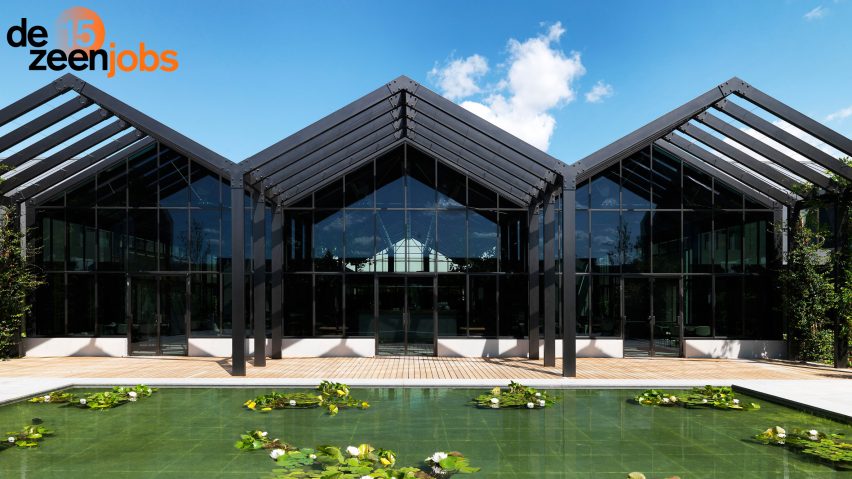
"The architectural profession is in constant evolution"
As part of Dezeen Jobs: How We Recruit series, Elisa Vago, a partner at Matteo Thun, discusses the routes applicants take to land roles at the studio.
Alice Laycock: Please talk me through the type of projects the studio delivers.
Elisa Vago: Our studio is primarily engaged in architecture, interior design and product design projects on a global scale.
The scope of our work is extensive, covering projects such as hotels, private residences, redevelopment of public spaces, restoration of historic buildings and private clinics.
Clients vary depending on the type of project, including private individuals, companies, hotel chains and real estate developers.
Alice Laycock: What are you currently working on?
Elisa Vago: Lately, there have been several hospitality and residential projects underway, particularly those involving the development and revitalisation of disused areas through the creation of new architectures that complement historic or unused industrial buildings.
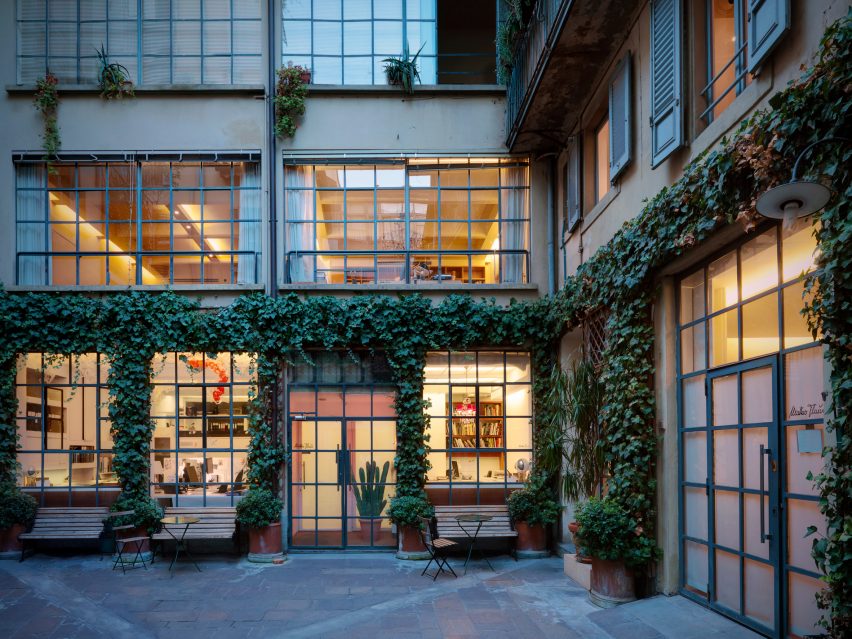
Alice Laycock: Where do you currently stand on recruitment in comparison to 10 years ago?
Elisa Vago: We now have a dedicated human resources manager focused exclusively on recruitment. Selection occurs through various channels, primarily utilising dedicated websites and digital databases.
Social media has also become integral to the selection process, serving both to communicate ongoing searches and to discover new talent. Selection has become faster and more precise thanks to the use of advanced digital databases.
Alice Laycock: Has there been a particular impact on a certain type of job? If so, why?
Elisa Vago: Some professions have inevitably evolved, influenced significantly by the impact of social media, which are now used not only as communication tools but also for selection and scouting.
The role of HR today differs from that of ten years ago. Within the studio, new professional roles have emerged, such as architects specialised in Building Information Modeling (BIM), playing an increasingly significant role in project management and final deliveries to clients.
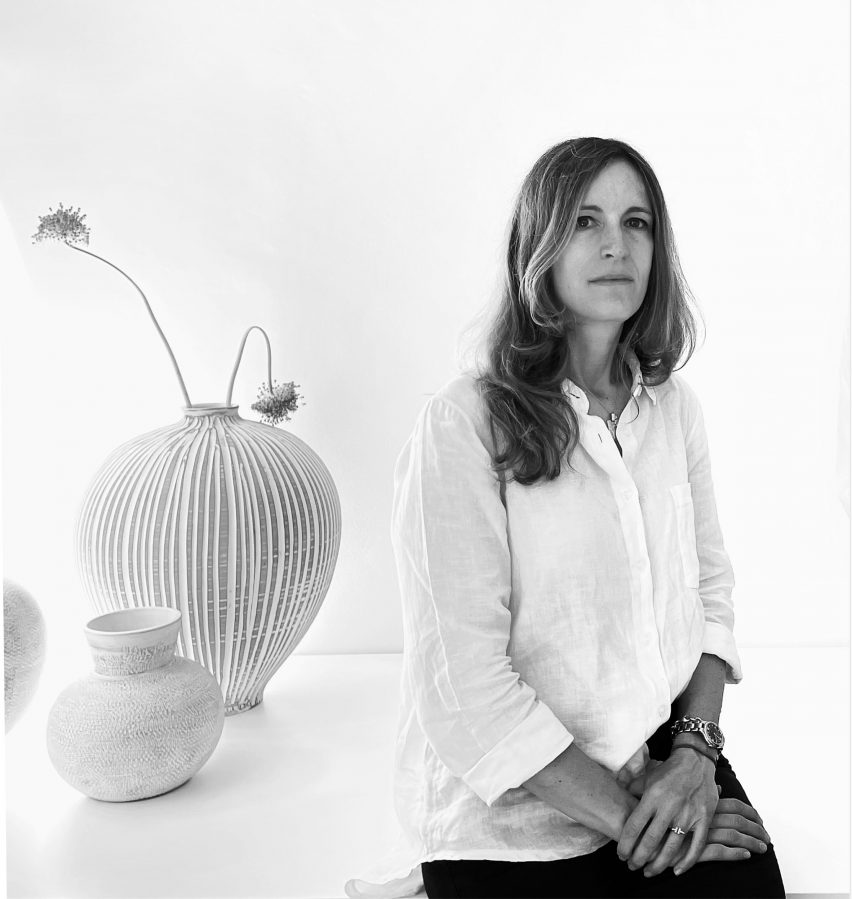
Alice Laycock: What new skill sets are you looking for candidates to have?
Elisa Vago: New candidates are expected to demonstrate flexibility and the ability to adapt to various contexts. The architectural profession is in constant evolution.
Skills evolve and are destined to quickly transform in the coming years. The ability to learn rapidly and adapt to diverse working environments becomes crucial, as does the capacity to work both collaboratively in a team, even remotely, and independently.
Hence, having international experience and proficiency in the English language are essential components to highlight in one's CV.
Alice Laycock: Are there any skill sets that you don't need candidates to have anymore and why?
Elisa Vago: No. All skills are valuable – our profession often operates outside predefined norms.
For instance, although freehand drawing is less common nowadays, the ability to quickly sketch an idea, and communicate visually, remains an effective tool.
The same applies to all other skills, which can undoubtedly become an added value in specific situations.
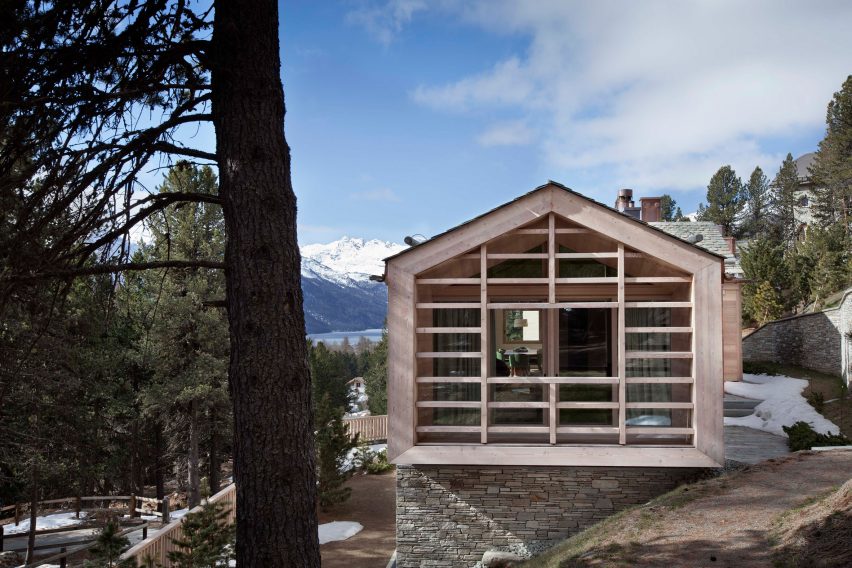
Alice Laycock: Are you looking for candidates with traditional routes to the position, or what kind of additional experience are you looking for? What would catch your eye in an application?
Elisa Vago: There are no predefined templates; each candidate is evaluated individually based on the position they are applying for and their curriculum.
Proficiency in one or more languages is always noticeable on a CV.
Alice Laycock: If a candidate were to come from a different discipline, what would you need them to gain experience in before they got the role? How multidisciplinary are your team at the moment? Is this important to your practice?
Elisa Vago: If a candidate is selected, even if they come from a different discipline or are not specifically focused on the role to be filled, they are paired with senior professionals to quickly learn the internal dynamics and management of the studio.
Sometimes, individuals with evident talent are preferred, even if they lack specific knowledge in the discipline, over those who are more technically oriented but may not bring new insights to the internal workflow.
Multidisciplinarity can be an advantage, as long as it does not imply an extensive yet superficial knowledge of one's work.
For those in more creative and conceptual roles, it is fundamental, while those in more technical roles are better off having experience in similar tasks in their previous work experiences.
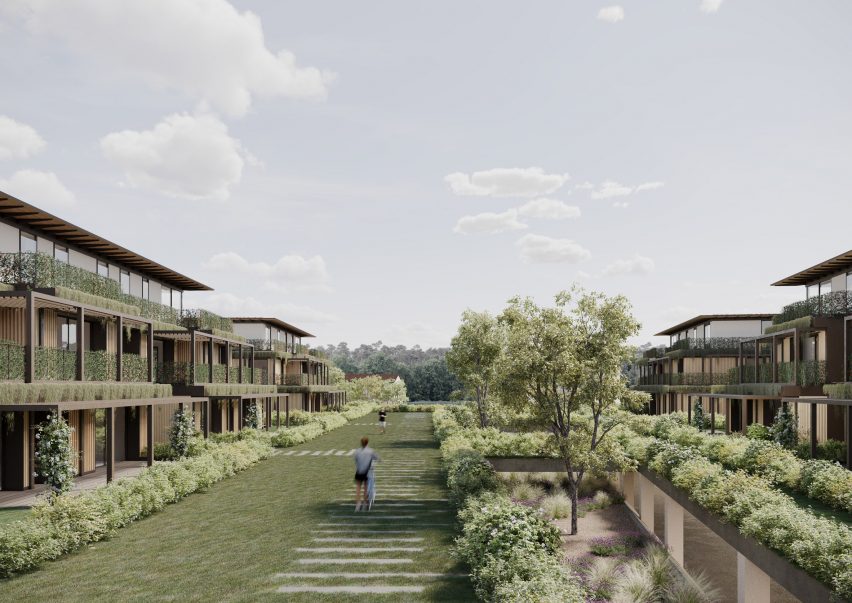
Alice Laycock: From the candidates that are currently applying/have applied for the roles that you have recently listed, do you see a pattern in their experience?
Elisa Vago: In our sector, work experiences can vary greatly, making it challenging to identify repeating patterns in candidates' experiences.
Some professionals follow more traditional career paths, working in conventional studios, while others come from different sectors (such as fashion, art, or graphic design) before transitioning to architecture.
Alice Laycock: What advice can you give people looking for a role in the company?
Elisa Vago: A suggestion for those seeking a position is to first and foremost present well-crafted documents (such as CVs and portfolios) because, in our profession, attention to detail and the graphic component is crucial.
During the interview, it is always appreciated when the candidate demonstrates competence – answering questions with confidence and ease while highlighting topics directly relevant to the studio to which they are applying.
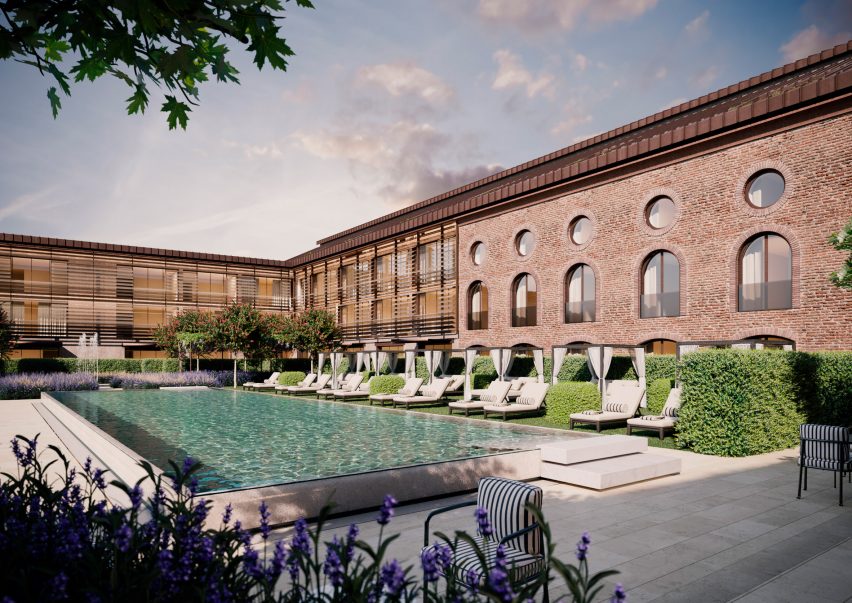
Alice Laycock: How has Dezeen Jobs helped to build your company?
Elisa Vago: Dezeen is a great source for our business. Using Dezeen jobs helped us find international candidates for senior and middle junior architects and both interior and product designers in Milan as well as in Munich.
Find out more about Matteo Thun by visiting its website.
View current and future vacancies by checking their company profile on Dezeen Jobs.
Dezeen Jobs: How We Recruit series
This article is part of Dezeen Jobs: How We Recruit, a series of interviews to mark Dezeen Jobs turning 15, which explores changing hiring practices and future recruitment needs for companies around the world.